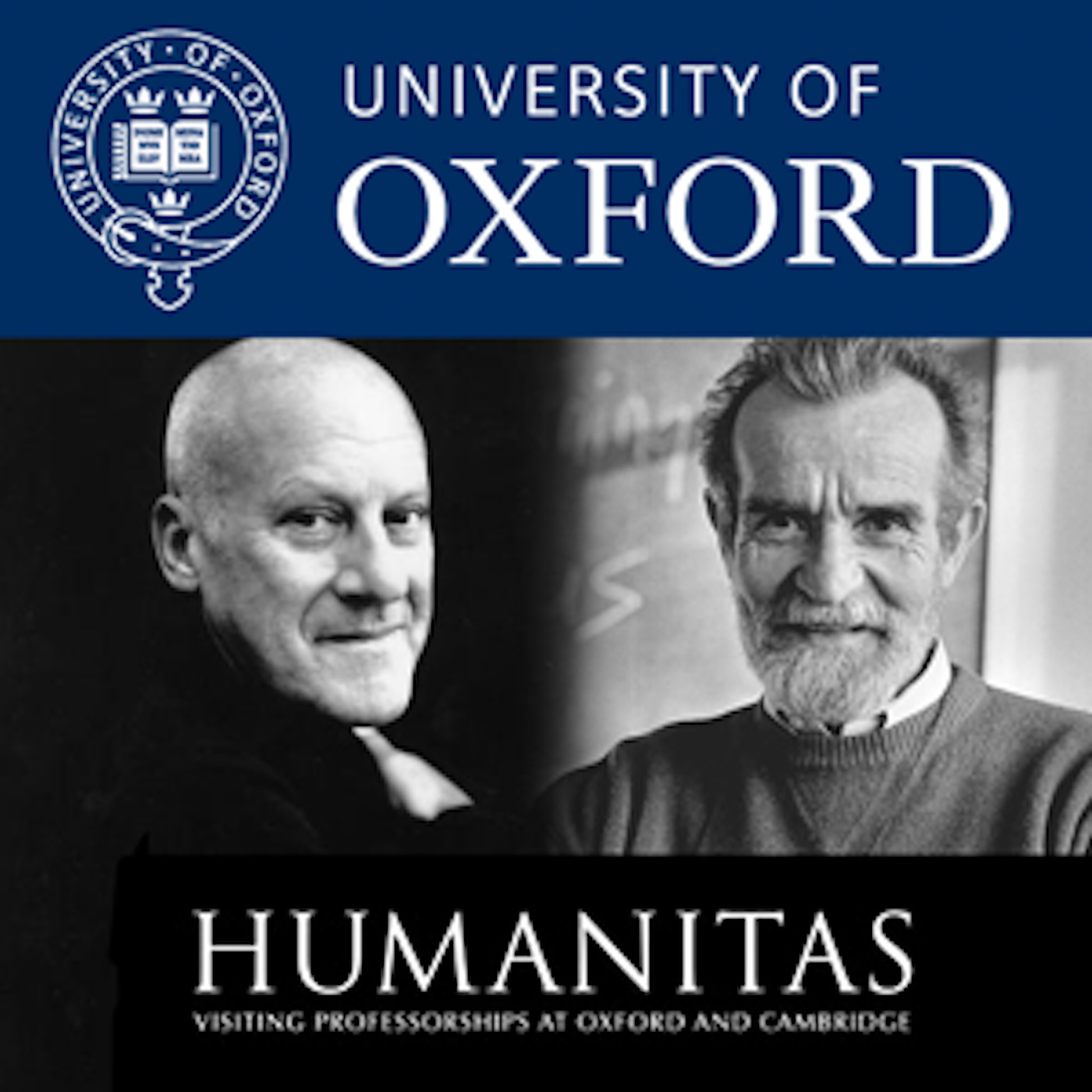

Humanitas - Visiting Professorships at the Universities of Oxford and Cambridge
Oxford University
Humanitas is a series of Visiting Professorships at Oxford and Cambridge intended to bring leading practitioners and scholars to both universities to address major themes in the arts, social sciences and humanities. Created by Lord Weidenfeld, the Programme is managed and funded by the Institute for Strategic Dialogue with the support of a series of generous benefactors and administered by the Humanities Division in Oxford and the Centre for Research in the Arts, Social Sciences and Humanities (CRASSH) in Cambridge.
Humanitas will welcome some twenty Visiting Professors, who will be appointed for a given academic year and invited to deliver a series of lectures, followed by a related symposium, workshop or masterclass for graduate students.
Humanitas will welcome some twenty Visiting Professors, who will be appointed for a given academic year and invited to deliver a series of lectures, followed by a related symposium, workshop or masterclass for graduate students.
Episodes
Mentioned books

May 28, 2013 • 1h 4min
Symposium - The New History of Scientific Experience: Observing, Experimenting, Collecting, Representing and Reading in Early Modern Europe
With Professor Lorraine Daston, Dr Simon Werrett (UCL), Dr Rhodri Lewis (Oxford), Dr Sachiko Kusukawa (Cambridge) and Prof Martin Mulsow (Erfurt), chaired by Prof Laurence Brockliss (Oxford).

May 28, 2013 • 1h 5min
Inaugural Lecture - Nature's Revenge: A History of Risk, Responsibility, and Reasonableness
Director of the Max Planck Institute for the History of Science: Professor Lorraine Daston gives her inaugural lecture at Merton College.

Nov 15, 2012 • 1h 3min
Mark Thompson (Symposium): Politics and Language - Friends or Enemies?
Symposium following Mark Thompson's series of talks for the Humanitas Programme. With Polly Toynbee, Gus O'Donnell, David Willetts MP and chaired by Andrew Marr. Mark's series of lectures is entitled "The Cloud of Unknowing: Policy, rhetoric and public bewilderment".

Nov 15, 2012 • 53min
Mark Thompson: Not in my name
In his third lecture, Mark Thompson looks at what happens when modern rhetoric and morality collide, taking the wars in Iraq and Afghanistan as his principal examples. Mark's series of lectures is entitled "The Cloud of Unknowing: Policy, rhetoric and public bewilderment".

Nov 15, 2012 • 51min
Mark Thompson: Consign it to the flames
Almost everyone accepts that science is our most authoritative guide to understanding the world so why is it so disputed when it comes to public policy? Mark Thompson examines what's happened to the 'argument from authority' in modern rhetoric. Mark's series of lectures is entitled "The Cloud of Unknowing: Policy, rhetoric and public bewilderment".

Nov 15, 2012 • 1h
Mark Thompson: Inaugural Lecture - Is Plato winning the argument?
Drawing in particular on recent examples from American and British healthcare reform, Mark Thompson asks whether the language of politics is changing in ways which threaten public understanding of and engagement with the most important issues of the day. Mark's series of lectures is entitled "The Cloud of Unknowing: Policy, rhetoric and public bewilderment".

Nov 12, 2012 • 58min
Lessons on Capital Flows and Financial Stability
Professor Hyun Song Shin, Hughes-Rogers Professor of Economics at Princeton University, gives a talk for the Humanitas Professorship on Economic Thought.

Nov 10, 2012 • 56min
Lessons for banking reform
Professor Sir John Vickers, Warden All Souls College, gives a workshop on Economic thought looking at banking reform.

Nov 10, 2012 • 1h 23min
Lessons of The Crisis 2007-2012
Stanley Fischer, Govenor of the Bank of Israel and Humanitas Visiting Professor of Economic Thought, gives a talk for the Humanitas program. The Great Depression of the 1930s led to a revolution in macroeconomic thinking and in economic policy. The Great Recession, in which much of the world economy is still engulfed, has seen both monetary and fiscal policy being used to an unprecedented extent, and a greatly strengthened emphasis on the importance of financial stability. But despite these phenomena, and an explosion of professional literature and media attention, the economic policy lessons of the crisis are still in dispute. The Humanitas Visiting Professorship in Economic Thought has been made possible by the generous support of Donald Marron. The Professorship will take place during Michaelmas term and is hosted by Professor Vincent Crawford in association with All Souls College.

Jun 19, 2012 • 1h 13min
Christopher Brown and Malcom Rogers in conversation
Malcolm Rogers and Dr Brown, the Director of the Ashmolean Museum, will discuss and compare their experiences of overseeing the extensive renovations of the Ashmolean Museum and the Boston Museum of Fine Arts.


